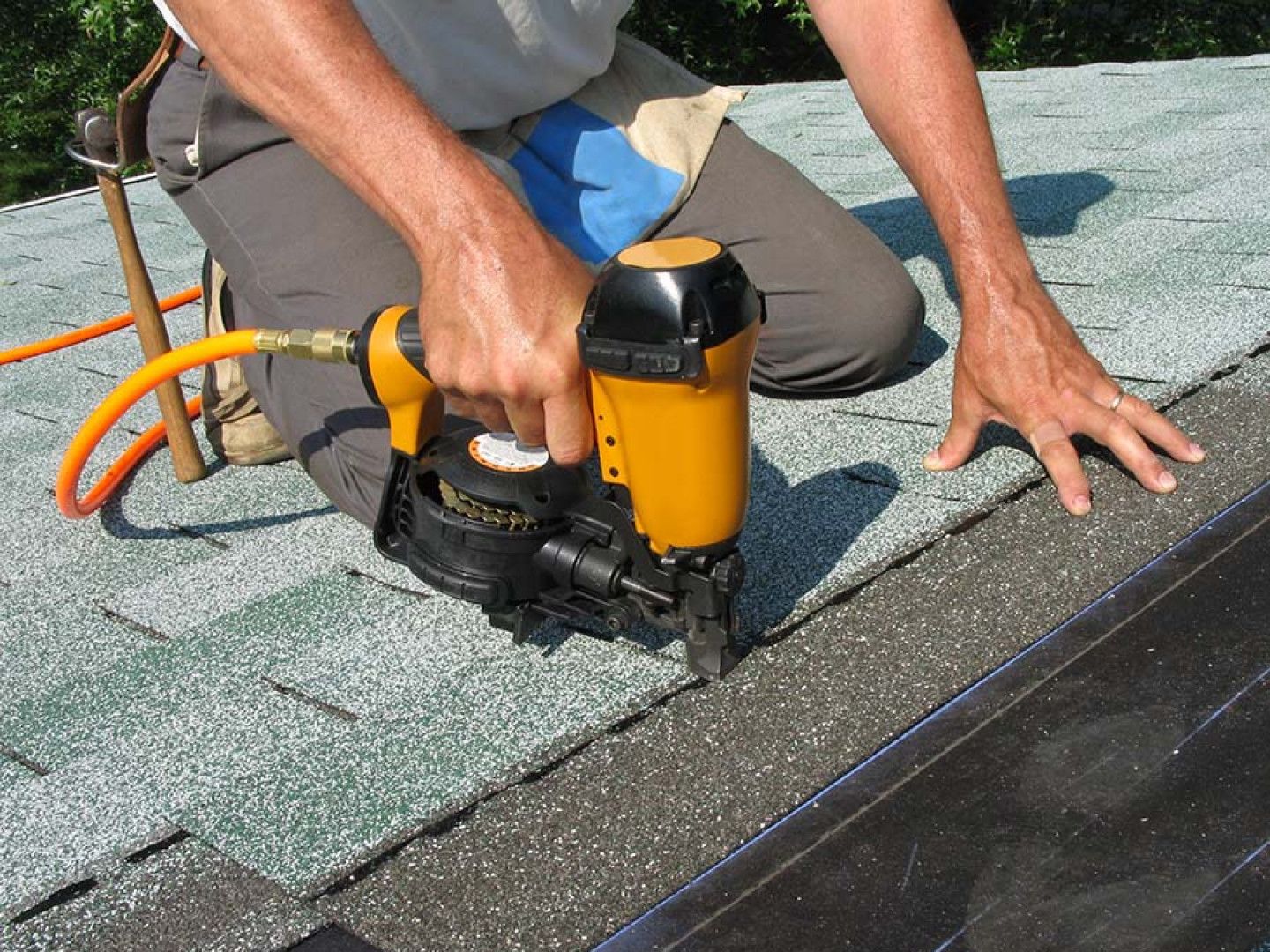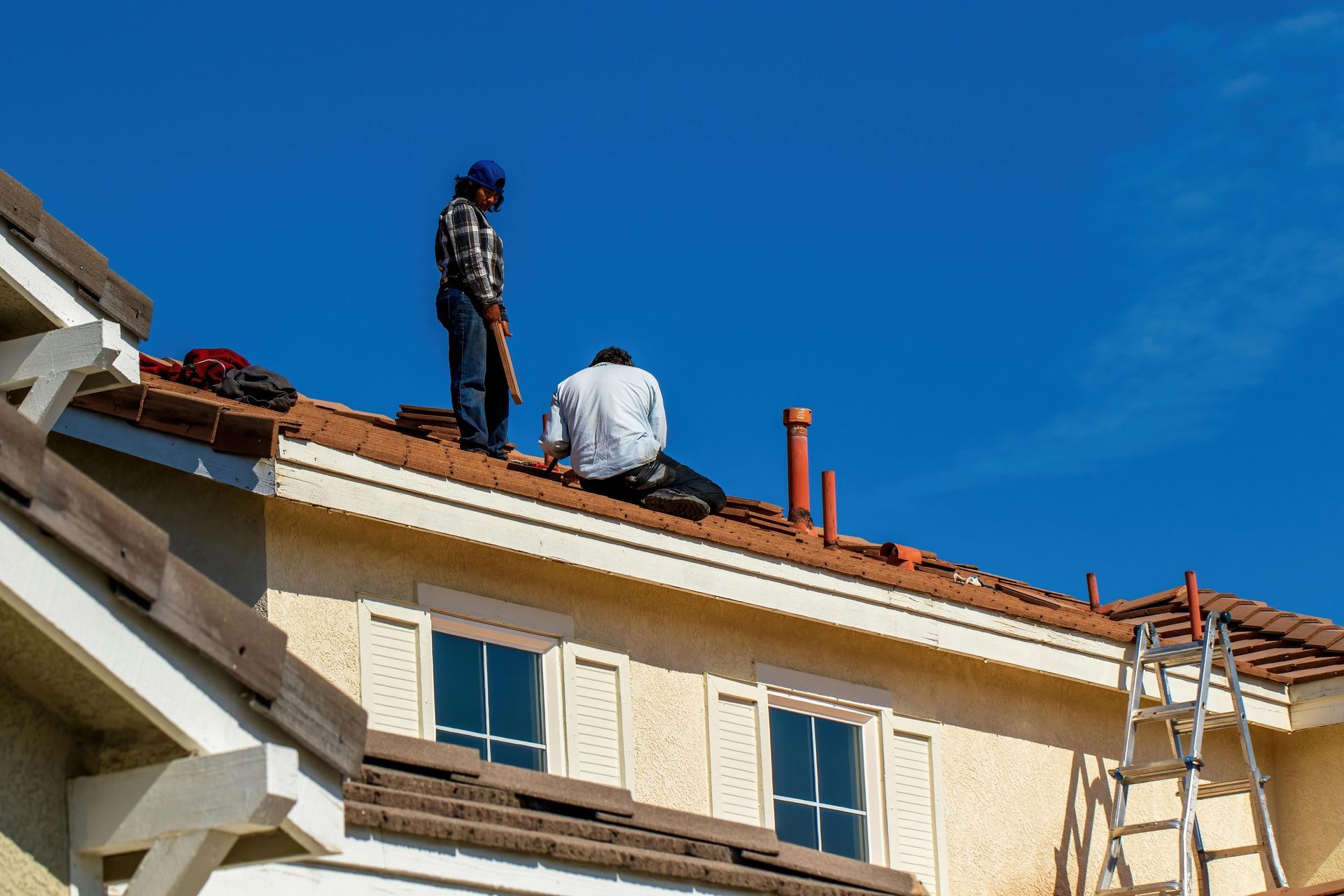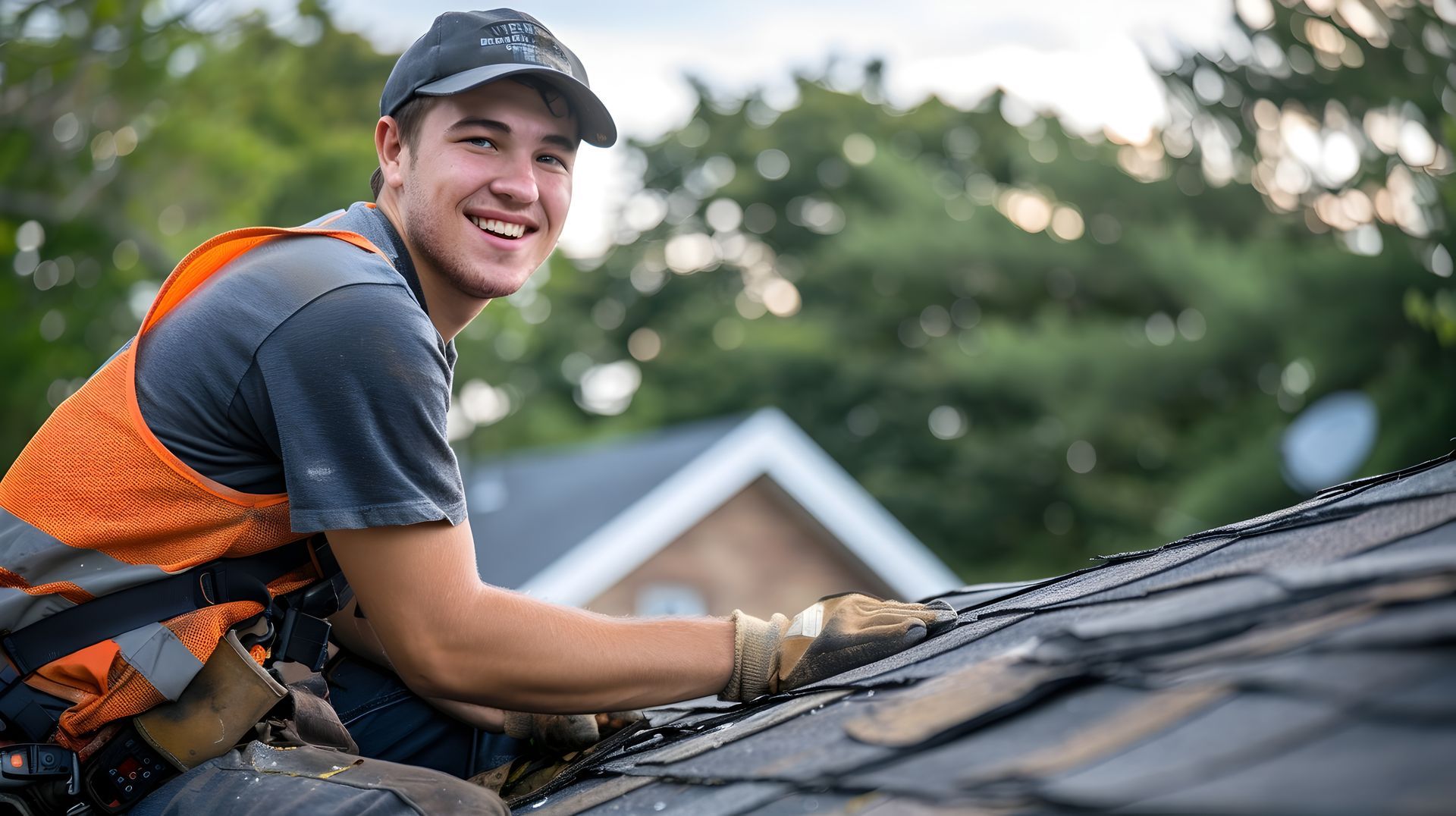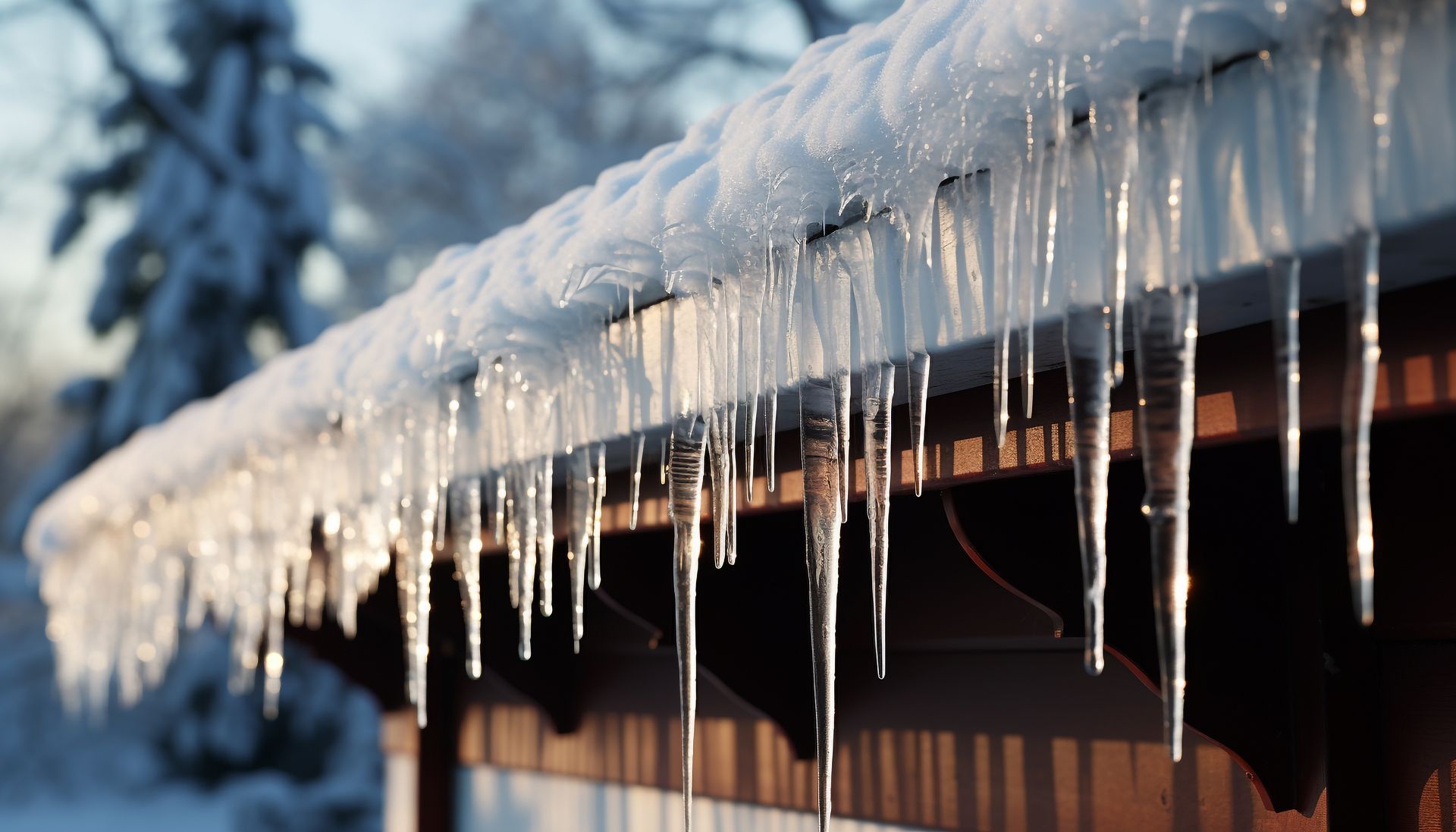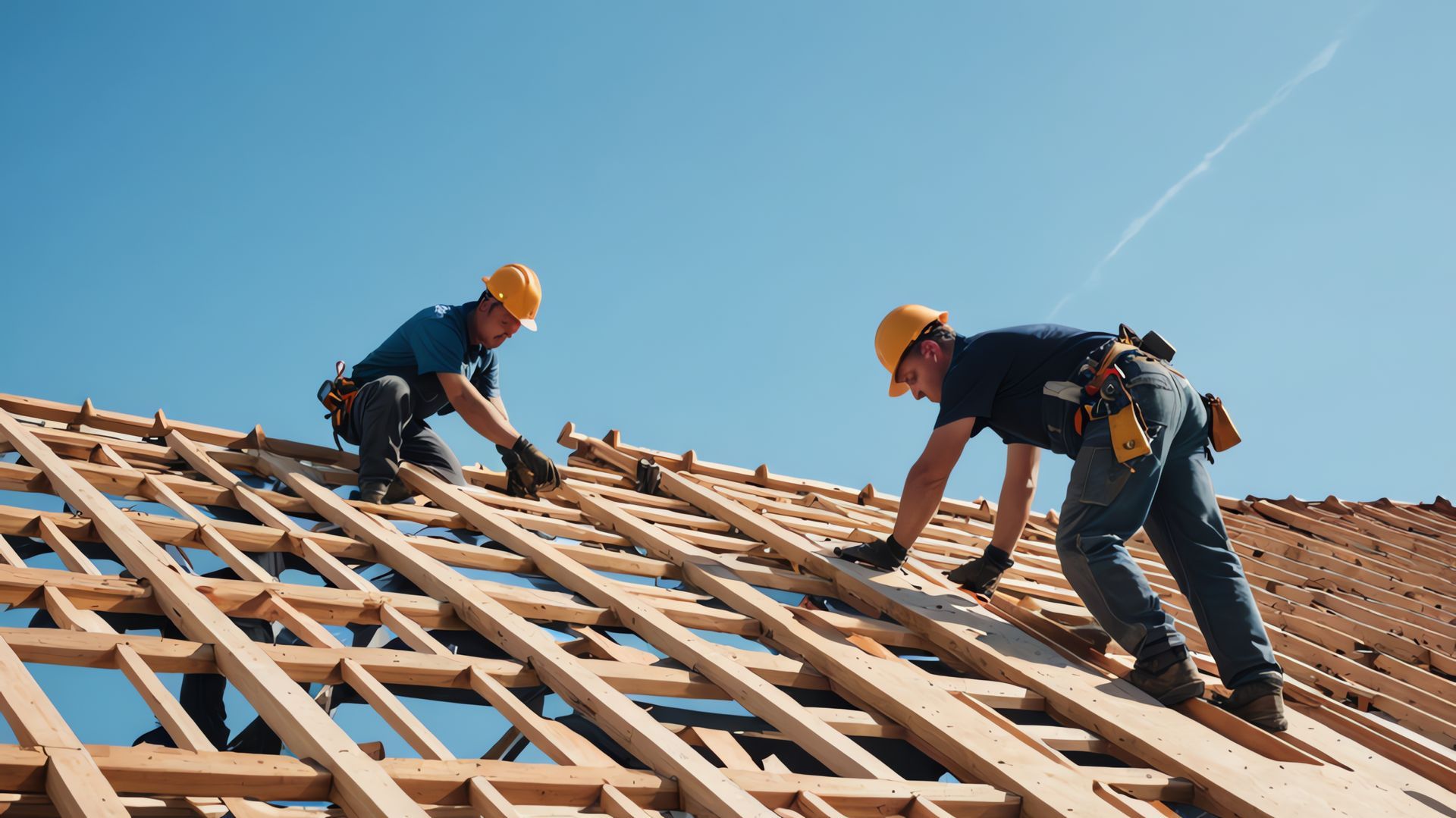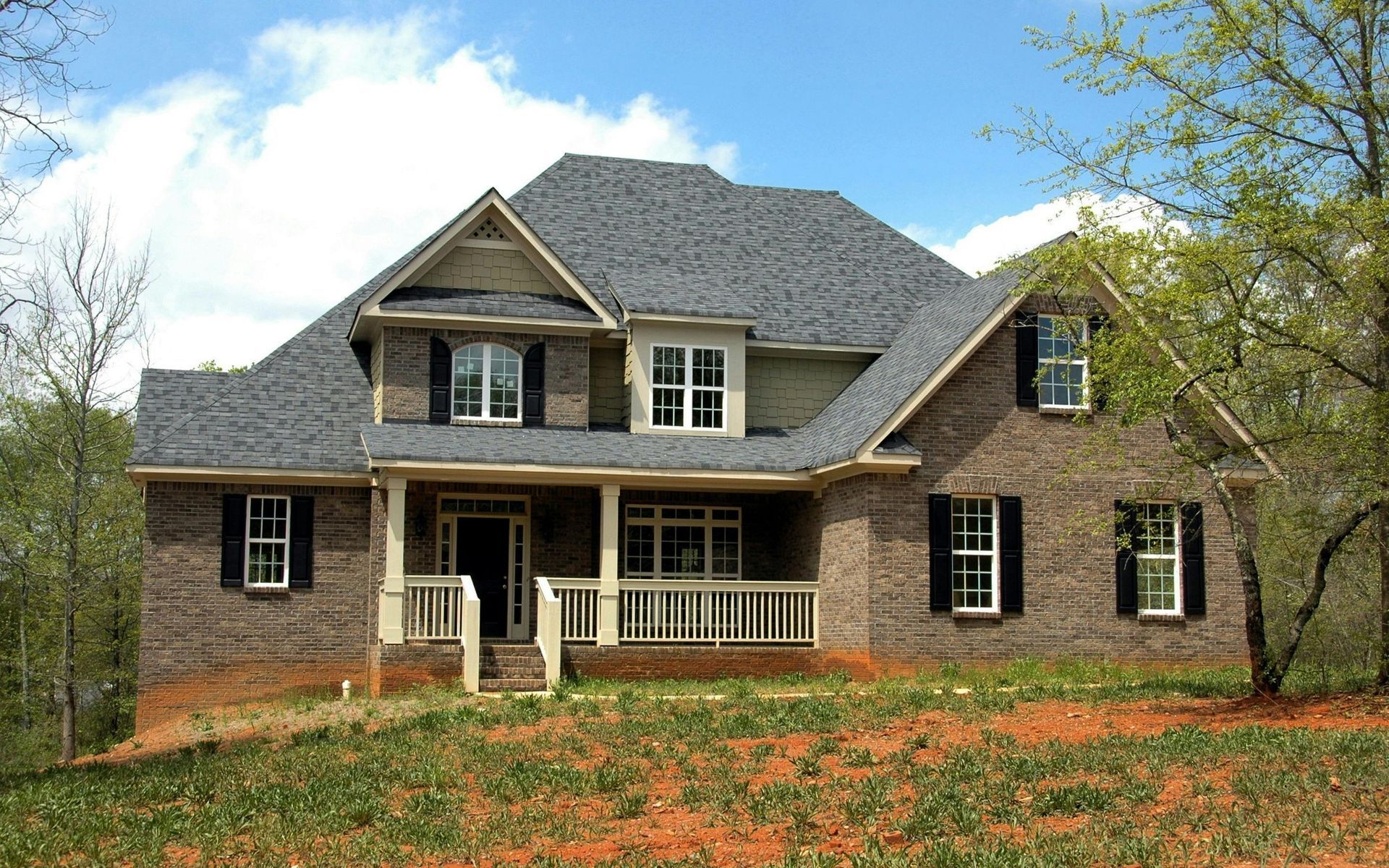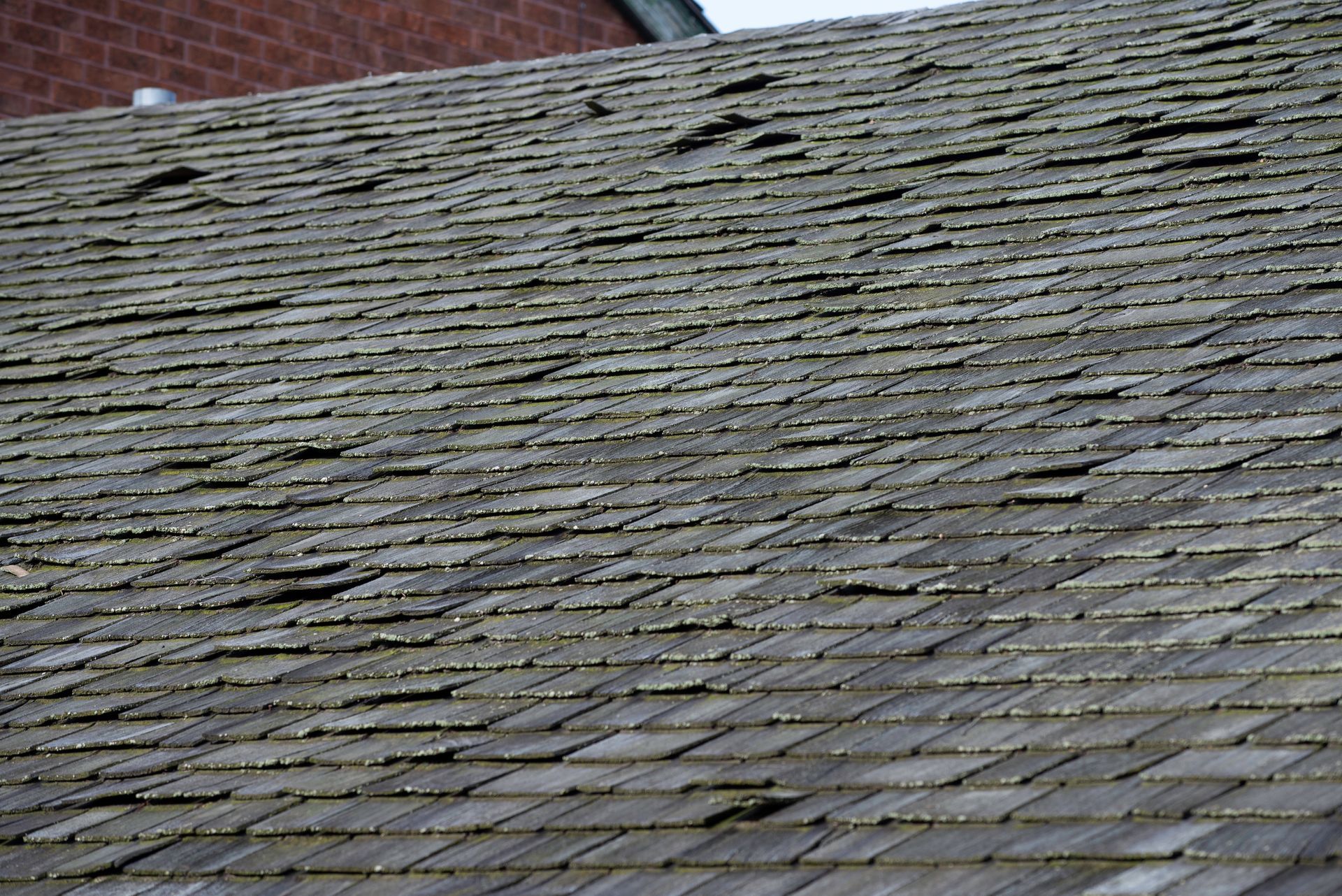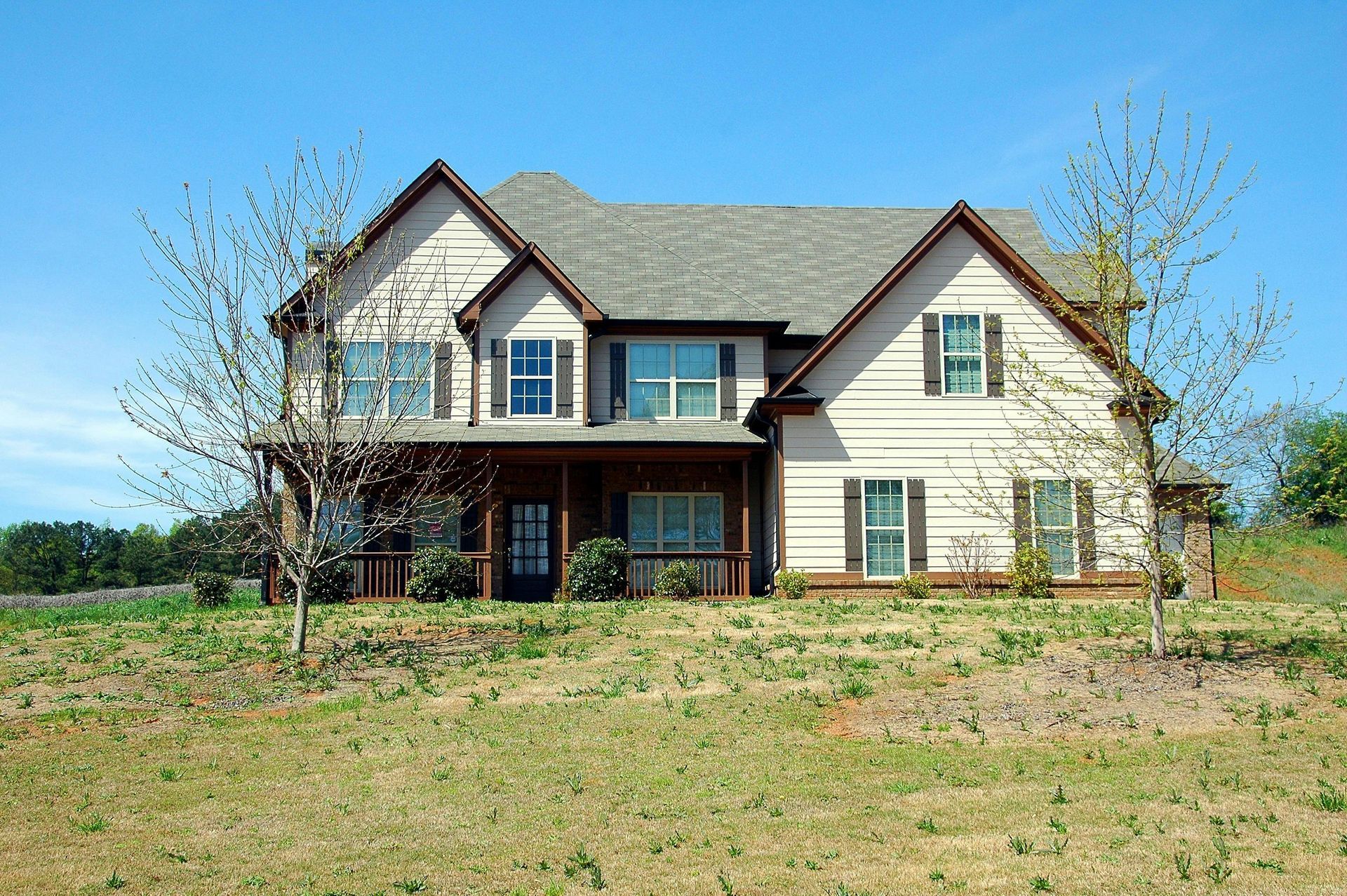Mega Roofing LLC
Weathering the Storm: How Weather Conditions Impact Asphalt Shingle Repair
In regions with hot climates,
asphalt shingle roofing is exposed to prolonged periods of intense sunlight. This exposure can cause the shingles to expand during the day and contract at night, leading to gradual wear and tear. Over time, this thermal cycling can result in cracks, warping, and loss of granules on the
asphalt roof shingles. UV rays from the sun also contribute to the degradation of asphalt, causing the shingles to become brittle and less flexible over their lifespan.
How Weather Conditions Affect Asphalt Shingle Roofs
Heat and Sun Exposure
In regions with hot climates,
asphalt shingle roofing is exposed to prolonged periods of intense sunlight. This exposure can cause the shingles to expand during the day and contract at night, leading to gradual wear and tear. Over time, this thermal cycling can result in cracks, warping, and loss of granules on the asphalt roof shingles. UV rays from the sun also contribute to the degradation of asphalt, causing the shingles to become brittle and less flexible over their lifespan.
Cold and Freezing Temperatures
Conversely, in colder climates,
residential roofing faces challenges posed by freezing temperatures. When temperatures drop below freezing, asphalt shingles can become stiff and brittle. This brittleness makes them more susceptible to cracking, especially if the shingles are older or have pre-existing damage. Additionally, ice dams can form along the roof's edge during freezing conditions, leading to water backup and potential
roof leak repair if not addressed promptly.
Rain and Moisture
Excessive rainfall and moisture pose significant challenges to asphalt shingle roofs. Water can infiltrate under the shingles, compromising the integrity of the roof’s structure and leading to issues such as mold growth and wood rot. Poor ventilation and drainage exacerbate these problems, as trapped moisture can accelerate the deterioration of
asphalt shingle roof replacement. Proper installation and maintenance of flashing, gutter services, and downspouts are essential to redirect water away from the roof and prevent moisture-related damage.
Wind and Storms
Strong winds and severe storms can wreak havoc on
residential roofing services. Wind gusts can lift or dislodge shingles, particularly if they are not properly secured or have weakened adhesive seals. Once shingles become loose or detached, they expose the roof to potential water infiltration and subsequent damage. Additionally, debris carried by high winds can impact the roof's surface, causing abrasions, punctures, or granule loss on the asphalt shingles. Regular
roof repair services and timely inspections are crucial to identifying and addressing wind-related damage before it escalates.
Hail and Impact Damage
Hailstorms present a significant threat to
asphalt shingle roofing, particularly in regions prone to severe weather events. Hailstones can vary in size from small pellets to large chunks, capable of causing dents, fractures, and granule displacement on shingle surfaces. The impact force of hail can weaken the protective layers of asphalt roof shingles, making them more susceptible to water penetration and long-term deterioration. Following hailstorms, homeowners should promptly inspect their roofs for signs of damage and consult with
roofing insurance claim professionals to assess the extent of repairs needed.
Best Practices for Asphalt Shingle Repair
To effectively maintain and repair asphalt shingle roofs in response to varying weather conditions, consider implementing the following best practices:
- Regular Inspections: Schedule annual or biannual roof inspections to detect signs of damage early and prevent minor issues from escalating.
- Prompt Repairs: Address any identified damage promptly to mitigate further deterioration and protect the roof's structural integrity.
- Quality Materials: Use high-quality asphalt shingles and compatible sealants that are designed to withstand local climate conditions and provide long-lasting protection.
- Professional Installation: Entrust roof repairs and replacements to certified roofing professionals with expertise in handling asphalt shingle systems.
- Weather Monitoring:
Stay informed about local weather forecasts and potential weather hazards to proactively prepare and safeguard your
residential roofing against adverse conditions.
Protect Your Roof, Protect Your Home
Weather conditions exert a significant influence on the performance and longevity of asphalt shingle roofs. By understanding how heat, cold, rain, wind, and hail impact asphalt roof shingles, homeowners can take proactive measures to preserve their roof’s durability and resilience. Regular maintenance, timely
roof repair insurance claims, and professional roofing services are essential components of effective roof management. For expert guidance on
asphalt shingle roof repair and maintenance tailored to your specific needs, contact Mega Roofing at
(407) 780-2635.
FAQs about Asphalt Shingle Repair
How often should I inspect my asphalt shingle roof?
It's advisable to inspect your roof at least once a year, ideally during the spring or fall seasons, and after severe weather events.
What are signs that my asphalt shingles need repair?
Look for visible cracks, curling or buckling shingles, missing granules, water stains on ceilings or walls, and signs of mold or mildew inside your home.
Can I repair asphalt shingles myself, or should I hire a professional?
While minor repairs such as replacing individual shingles can be DIY projects for homeowners with experience, it's recommended to hire a professional roofer for major repairs or replacements to ensure safety, quality workmanship, and compliance with warranty requirements.
How long do asphalt shingles typically last?
The lifespan of asphalt shingles varies based on factors such as quality, installation, climate, and maintenance practices. Generally, they can last between 15 to 30 years with proper care and regular maintenance.
How can I protect my asphalt shingle roof from weather damage?
Ensure adequate attic ventilation to regulate temperature and humidity levels, promptly repair any visible damage or leaks, clean gutters and downspouts regularly to prevent water buildup, and consider upgrading to impact-resistant shingles if you live in an area prone to severe weather conditions.
This comprehensive guide provides valuable insights into how weather conditions impact asphalt shingle roofs and equips homeowners with the knowledge needed to safeguard their investment in residential roofing. For personalized assistance or to schedule a professional roof inspection, contact Mega Roofing at
(407) 780-2635.
